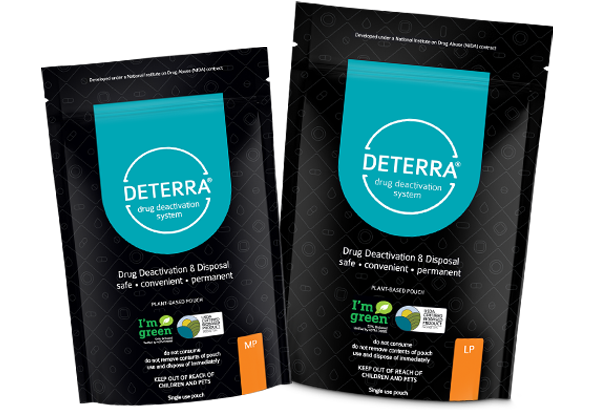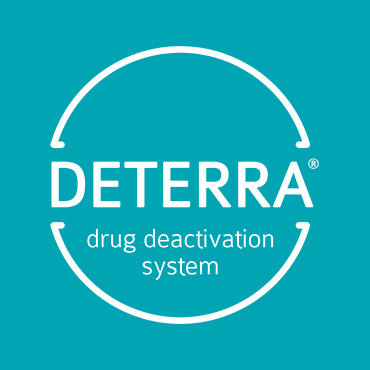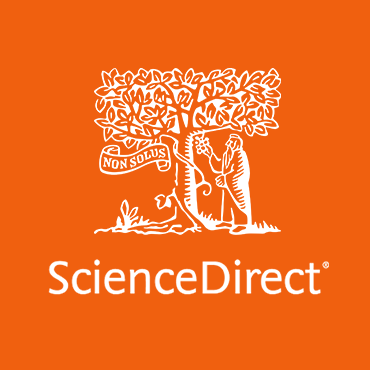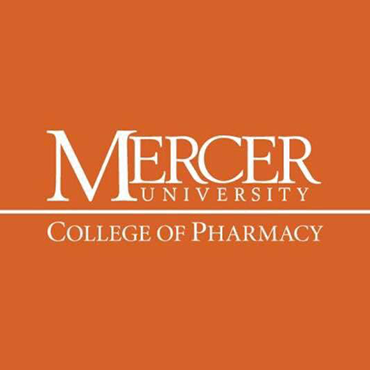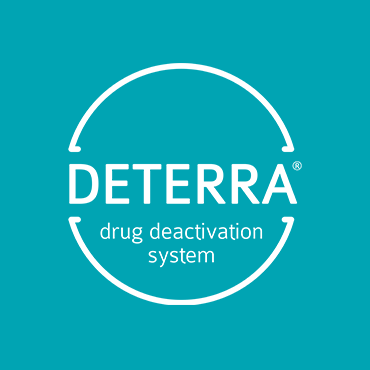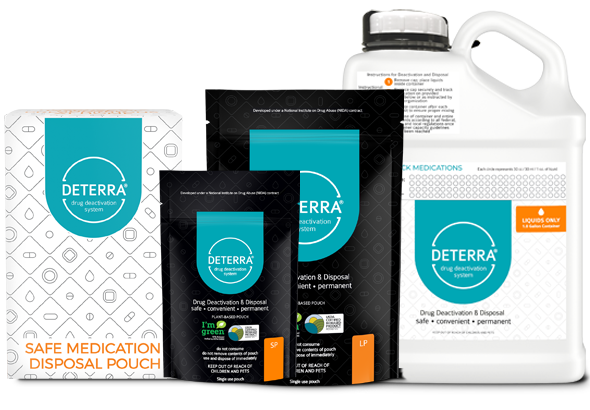DESTROY DRUGS – NOT THE ENVIRONMENT
Improper disposal of unused and expired medications damages our environment. Deterra System is environmentally sound through the entire product life cycle. Deterra’s innovative plant-based pouch is produced using 100% wind-generated power and it contains non-toxic ingredients. Made from environmentally sound materials, Deterra is safer for the environment because our proprietary, organic activated carbon prevents harmful medications from contaminating landfills and water systems.¹ Additionally, Deterra Pouches contain a smaller percentage of plastic when disposed of than competitor products.²
¹ Based on the likelihood of extractable active medications available when used according to label instructions.
² Compared to Deterra products, competitor products contain a higher percentage of plastic when disposed of: DisposeRx® 59%; NarcX® 78%; Rx Destroyer™ 68%; Drug Buster® 67%

